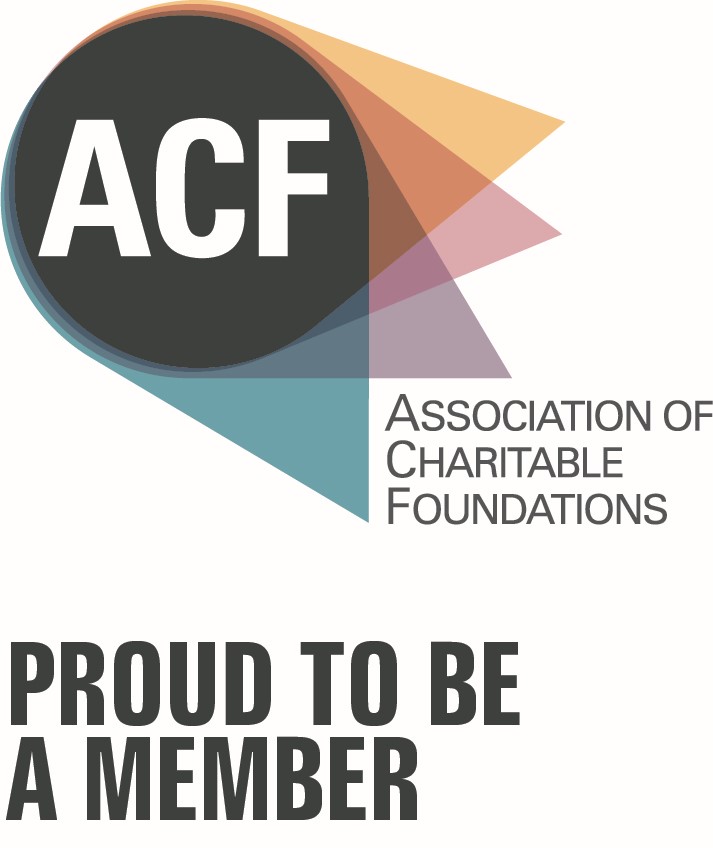Don’t let debt isolate you – try these strategies
The RCN Foundation have partnered with debt advice experts PayPlan to provide free advice and support to nurses, midwives and health care support workers experiencing hardship. Learn more about their work with the RCN Foundation.
Many people who come to PayPlan for debt advice are facing more than just financial problems. The stress that debt brings often has a negative impact on a person’s mental health.
With this in mind, we’ve compiled a few pathways that may help you cope with the mental health challenges that debts can bring, including feelings of isolation and loneliness.
Remember, if you are dealing with debt and struggling, though the situation can feel overwhelming and as if it’s only happening to you, the truth is it can happen to anyone, at any time.
Access free talking therapies
Talking through your feelings with an impartial listener can help you cope with feelings of distress or loneliness. Free counselling services are there to help.
The Samaritans listening service is free and open 24/7. You can get in touch to talk about anything that’s troubling you – no matter how big or small you think the issue is. Give them a call on 116 123, email them at jo@samaritans.org, or contact a volunteer through their live webchat.
If you’re concerned that your mental state is affecting your ability to function, you should seek the advice and support of your GP as a matter of priority. The first six weeks of counselling on the NHS is free.
If you’re in acute distress, need immediate help, and are unable to speak to your GP, visit your local A&E.
Address your debts step-by-step
When you’re feeling isolated, it can be difficult to pick up the phone and make a call. We often hear from our clients that making that first step to contact us is the hardest – but once they have, they start to feel like a weight has been lifted from their shoulders.
We also know that debt and mental health problems often come hand-in-hand, but that the two things can exist independently too.
That’s why we work with a range of organisations to make sure those who are being affected by mental health, gambling, addiction, bereavement, domestic abuse and illness can easily be referred for extra support, if required.
We also make sure we offer support through a wide range of channels, including Live Chat, as we recognise not everyone is the same, and what works for one person may not work for someone else. We tailor our debt advice services to suit your needs.
Adopt a new routine
The Mental Health Foundation has advice for anyone who is feeling alone and at a loss for what to do. Regularly combining two or three of these options can help you feel more connected with yourself and the world around you.
-
Give yourself a break – grant yourself permission to do something small that you enjoy.
-
Try to do activities that stimulate your mind – this will vary from person to person. It could be playing sudoku, meeting a friend for a chat, or reading a book. Whatever appeals to you is the best thing.
-
Make time for physical activity – the endorphins that are released when you exercise can transform a bad day, plus playing a sport can connect you with like-minded people.
-
Engage with the people you meet in your daily life. Exchanging a few friendly words with a person you see in passing can brighten both of your days.
-
Find people that ‘get you’ – search for free, in-person local events on platforms like Meetup or Eventbrite.
-
Spend time with pets. If you don't have a pet, you can even get paid to catsit or dogsit through services like Rover.
-
Try to use social media in a positive way – mute or unfollow accounts that trigger unhappy feelings and just follow accounts that help you feel calm and content.
PayPlan don’t just provide debt advice
We work very closely with a wide network of charities and support organisations to ensure any other needs you have are met to help you improve your financial wellbeing, and your overall wellbeing too.
We hope you’ve found these suggestions for coping strategies useful, and remember you’re not alone. There are people out there who want to help, and can help.
If you just want to do a bit more reading around wellbeing, our website is full of resources to help, and if you’re struggling with debt repayments and want to get on top of your finances, remember that’s what we’re here for.






